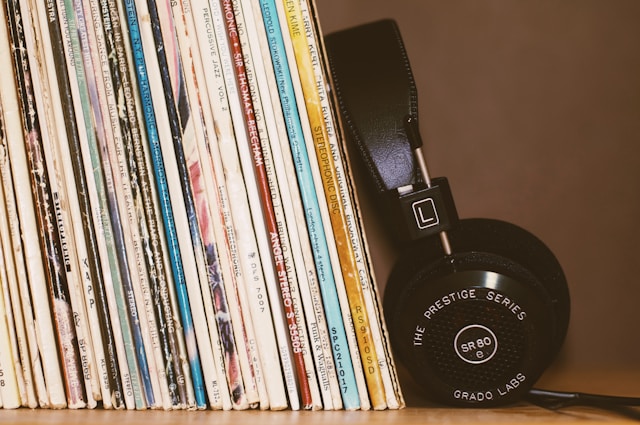In a significant legal victory, pop star Dua Lipa has successfully won the dismissal of a lawsuit accusing her of plagiarizing her 2021 megahit “Levitating” from the 1979 disco song “Wiggle and Giggle All Night.” The lawsuit, filed by songwriters L. Russell Brown and Sandy Linzer, alleged that Lipa’s song copied key elements from their track, as well as another song they held the copyright to. On March 27, 2025, U.S. District Judge Katherine Polk Failla ruled that the plaintiffs failed to show “substantial similarity” between the two songs, thereby dismissing the case.
The Allegations: Copyright Infringement Claim
Brown and Linzer accused Lipa of copying the “signature melody” from their 1979 song “Wiggle and Giggle All Night,” as well as elements of the 1980 song “Don Diablo,” to which they also hold the copyright. They argued that the opening melody of “Levitating,” where Lipa sings, “If you wanna run away with me, I know a galaxy and I can take you for a ride,” was a “duplicate” of their own songs, pointing out similarities in melody and phrasing.
Despite these claims, Judge Failla found that the musical elements in question were too generic to be protected by copyright law.
Court’s Ruling: No “Substantial Similarity” Found
In a significant ruling, Judge Failla dismissed the lawsuit, finding that there was not a “substantial similarity” between the two songs. She referenced previous legal precedents, including the 2023 case involving Ed Sheeran, which highlighted that similar musical elements do not automatically lead to copyright infringement. Failla pointed out that both songs belonged to the same musical genre—pop with a disco feel—and noted that the melodies and structures cited by the plaintiffs had also been used in works by classical composers like Mozart, operettas by Gilbert and Sullivan, and even in the Bee Gees’ hit “Stayin’ Alive.” She concluded that the musical style and its function—focused on entertainment and dancing—could not be protected, as this would stifle further musical creativity within that genre.
The ruling underscores a larger legal debate on the nature of copyright in modern music – how copyright law should apply to music that draws on a wide range of cultural references and influences. In referencing inspiration from notable composers like Wolfgang Mozart and Gilbert and Sullivan, as well as iconic pop figures such as the Bee Gees, Judge Failla’s decision reinforces the notion that elements of pop and disco music, including melodies and rhythms, are often shared and evolve over time, making them difficult to protect in isolation.
A Pattern of Legal Challenges for “Levitating”
This lawsuit is the second copyright case that Dua Lipa has successfully defended against regarding “Levitating.” The hit song, which topped the charts and became a global phenomenon, was also the subject of a lawsuit filed by the Florida reggae band Artikal Sound System in 2022. The band claimed that “Levitating” plagiarized elements from their 2015 track “Live Your Life,” but that case was dismissed in 2023 due to a lack of evidence showing that Lipa or her co-writers had “access” to the earlier song, which is a key element in copyright infringement cases.
However, Lipa’s legal battles over “Levitating” are not over. Jason Brown, attorney for the plaintiffs in the “Wiggle and Giggle All Night” case, expressed disagreement with the court’s decision and indicated their intention to appeal the ruling. Lipa is additionally still facing a third legal challenge from musician Bosko Kante, a featured artist on “Levitating,” who claims his contribution—sung through a talk box—was used in remixes of the song without his permission. Kante is seeking at least $2 million in damages, along with a portion of the profits from the remixes, which he estimates to be at least $20 million.
The Ongoing Debate: Inspiration vs. Infringement
The outcome of this case highlights the ongoing tension in copyright law between protecting original works and fostering creativity within musical genres. While artists often draw inspiration from past musical traditions, the line between homage and infringement can be difficult to define. The legal landscape surrounding music copyright continues to evolve, and this case may have lasting implications on how future cases involving musical influences are evaluated in court.
As the music industry continues to grapple with the evolving intersection of copyright law and creative expression, Lipa’s case serves as a reminder of the fine line artists walk between inspiration and infringement. While Lipa can celebrate this victory, future cases will likely continue to shape how courts evaluate the use of shared musical elements in modern pop music.
Case Reference: Larball Publishing Co. et al v Lipa et al, U.S. District Court, Southern District of New York, No. 22-01872


